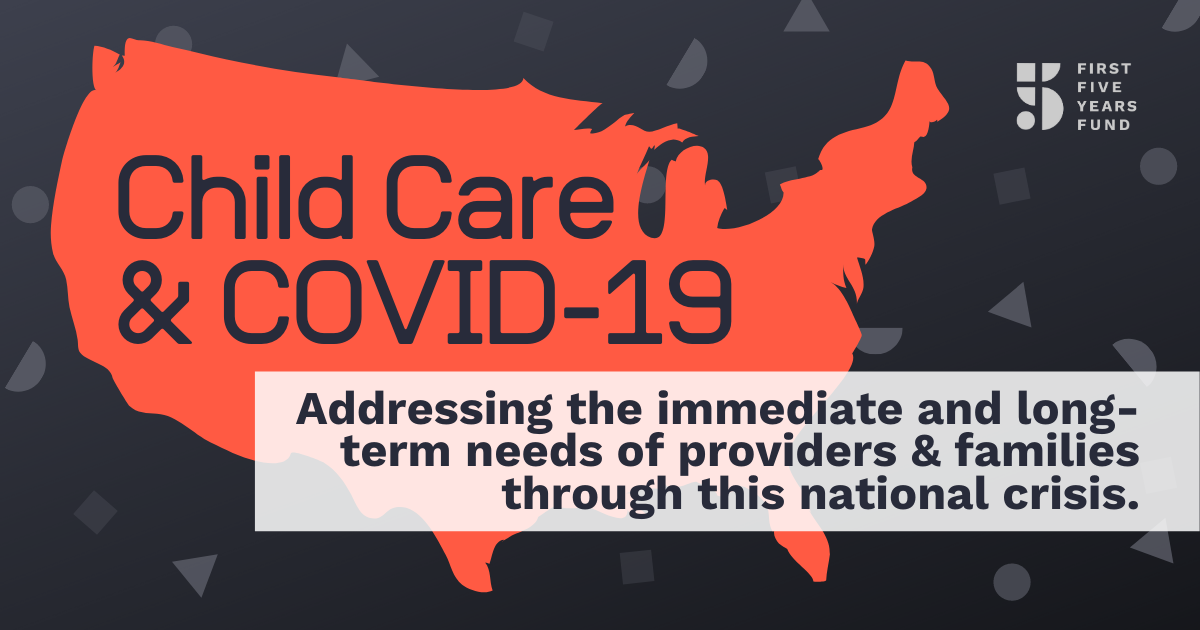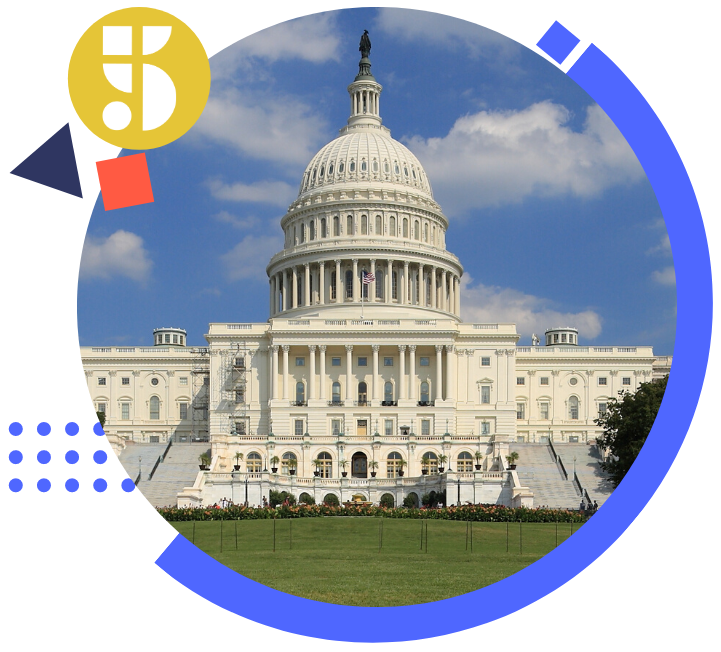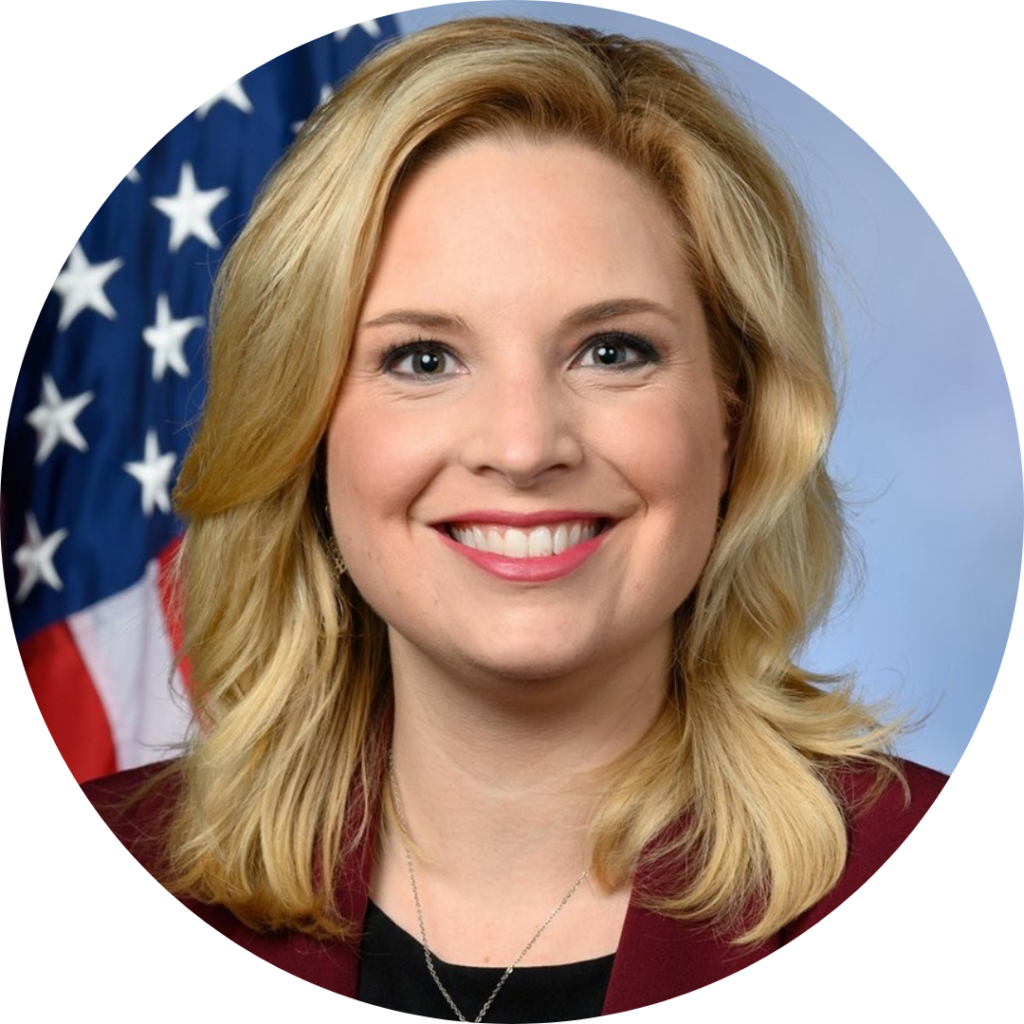Here’s What’s Included for Child Care in the Congressional COVID-19 Economic Stimulus Package

This story is developing and will be updated with more details and information as we continue analyzing the many provisions of the bill that impact the child care industry.
Today, Congress released the final details of a sweeping economic stimulus bill to provide relief to America’s families, small businesses, and major industries as they struggle with the effects of the COVID-19 crisis. Included throughout the package, known as the Coronavirus Aid, Relief and Economic Security Act – or CARES Act – is significant relief for the nation’s child care industry, which has been hit with widespread layoffs and closures as a result of catastrophic drops in enrollment, as well as direct support to states and families who are grappling with the child care realities of this pandemic.

Here are provisions from the legislation that will be helpful for child care providers seeking relief. A more detailed analysis is available here.
- $3.5 billion in grants to states through the Child Care and Development Block Grant (CCDBG) Program for immediate assistance to child care providers to prevent them from going out of business and to otherwise support child care for families, including for healthcare workers, first responders, and others playing critical roles during this crisis.
- $750 million for grants to all Head Start programs to help them respond to coronavirus-related needs of children and families, including making up for lost learning time.
- Both non-profit and for-profit child care providers with less than 500 employees will be eligible to apply for small business loans of which 8 weeks of payroll, mortgage/rent & utility payments, are eligible for loan forgiveness. And federal loan assistance is available for midsize and large child care providers through the Treasury’s Exchange Stabilization Act;
- $685 million has been allocated through the Public Housing Operating Fund, which may be used for activities to support or maintain the health and safety of assisted individuals and families, and activities to support education and child care for impacted families.
- Expands eligibility for entities suffering economic harm due to COVID-19 to access the Small Business Administration’s (SBA) Economic Injury Disaster Loans (EIDL), while also giving SBA more flexibility to process and disperse small dollar loans. It would also allow businesses that apply for an EIDL expedited access to capital through an Emergency Grant—an advance of $10,000 within three days to maintain payroll, provide paid sick leave, and to service other debt obligations. $10 billion would be provided to support the expanded EIDL program.
- Provides $265 million for grants to SBA resource partners, including Small Business Development Centers and Women’s Business Centers, to offer counseling, training, and related assistance to small businesses affected by COVID-19. $10 million would be provided for the Minority Business Development Agency to provide these services through Minority Business Centers and Minority Chambers of Commerce.
- Authorizes recovery rebates of $1,200 for all Americans with adjusted gross income up to $75,000 ($112,500 for head of household) and $2,400 for married couples with adjusted gross income up to $150,000 who file a joint return. Amounts increase by $500 for every child.
- Designates $14.25 billion to states for higher education emergency relief for institutions of higher education to prevent, prepare for, and respond to coronavirus. Funds may be used to defray expenses for institutions of higher education, such as lost revenue, technology costs associated with a transition to distance education, and grants to students for food, housing, course materials, technology, health care, and child care.
- Provides an additional $600 per week payment to each recipient of Unemployment Insurance or Pandemic Unemployment Assistance for up to four months.
We will provide further details as we continue examining the legislation, including provisions related to special education, the Education Stabilization Fund, and more.
Moving forward, FFYF will be working with our partners to provide further details about these relief measures and ensure child care businesses have the info & resources they need to begin taking advantage of the relief provided by Congress today, so that quality child care remains available for working families now and into the future.
Subscribe to FFYF First Look
Every morning, FFYF reports on the latest child care & early learning news from across the country. Subscribe and take 5 minutes to know what's happening in early childhood education.



